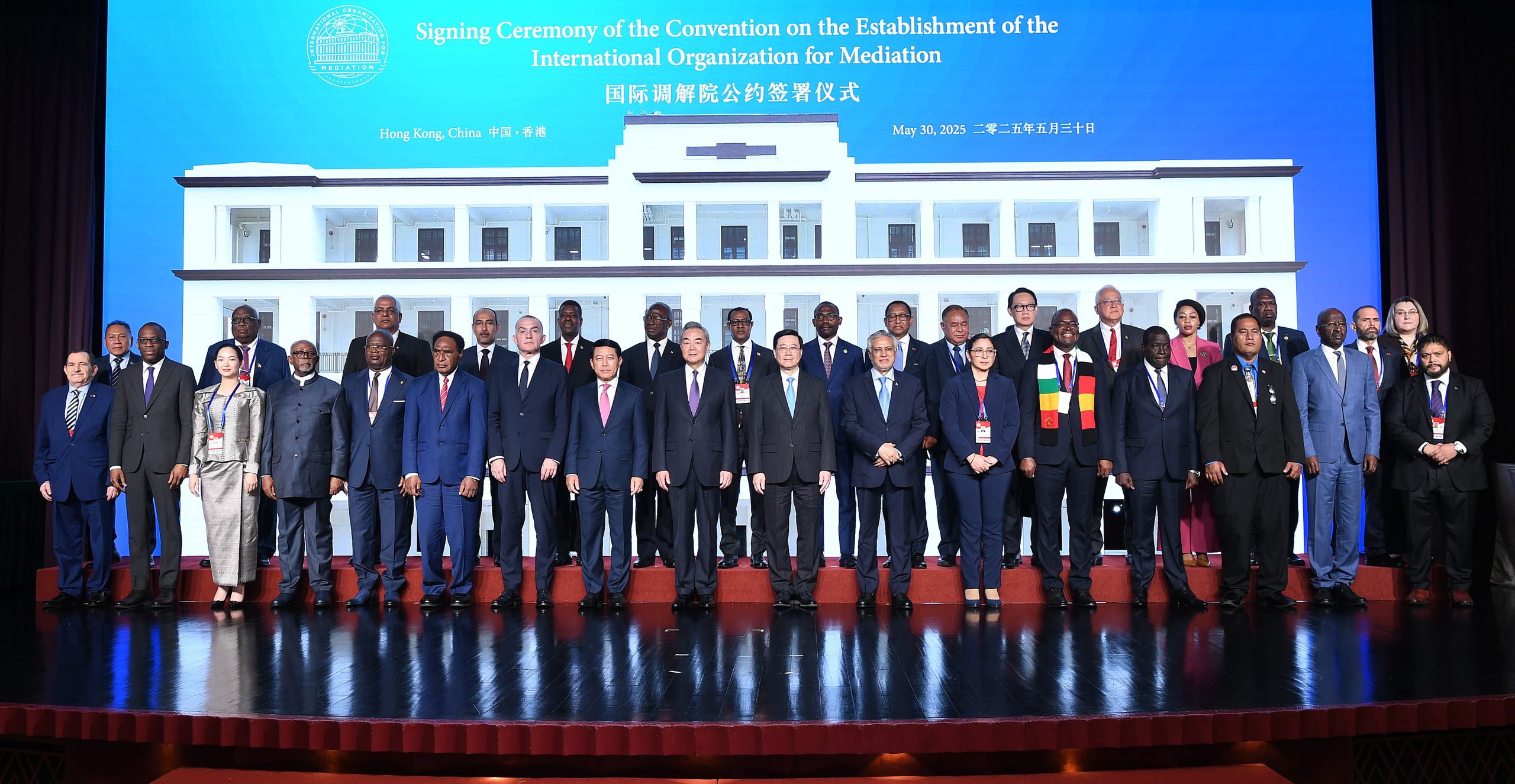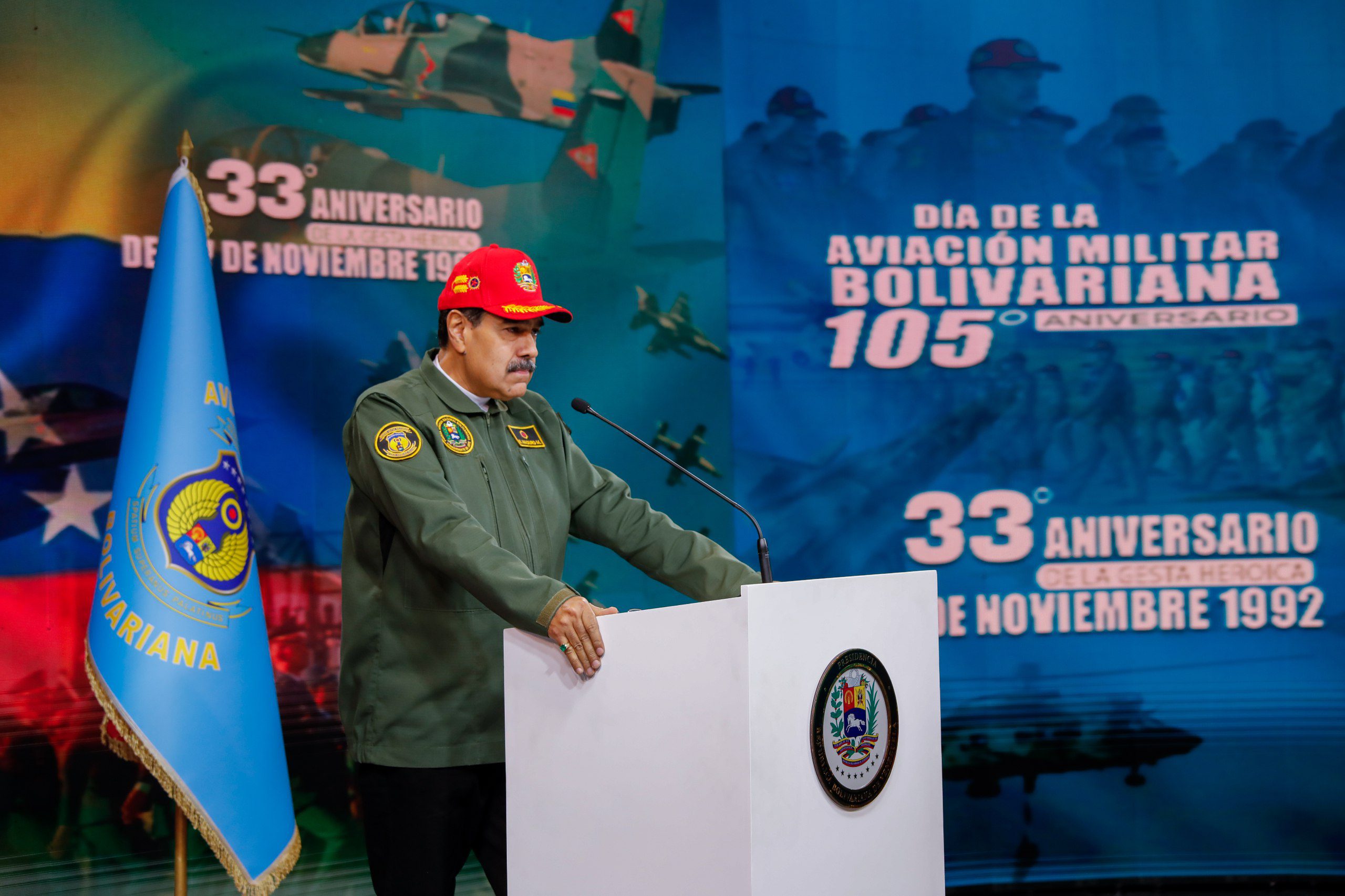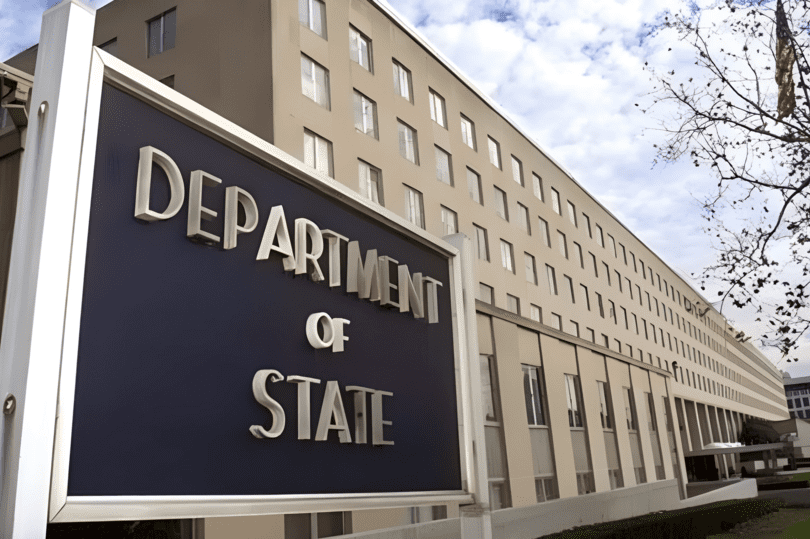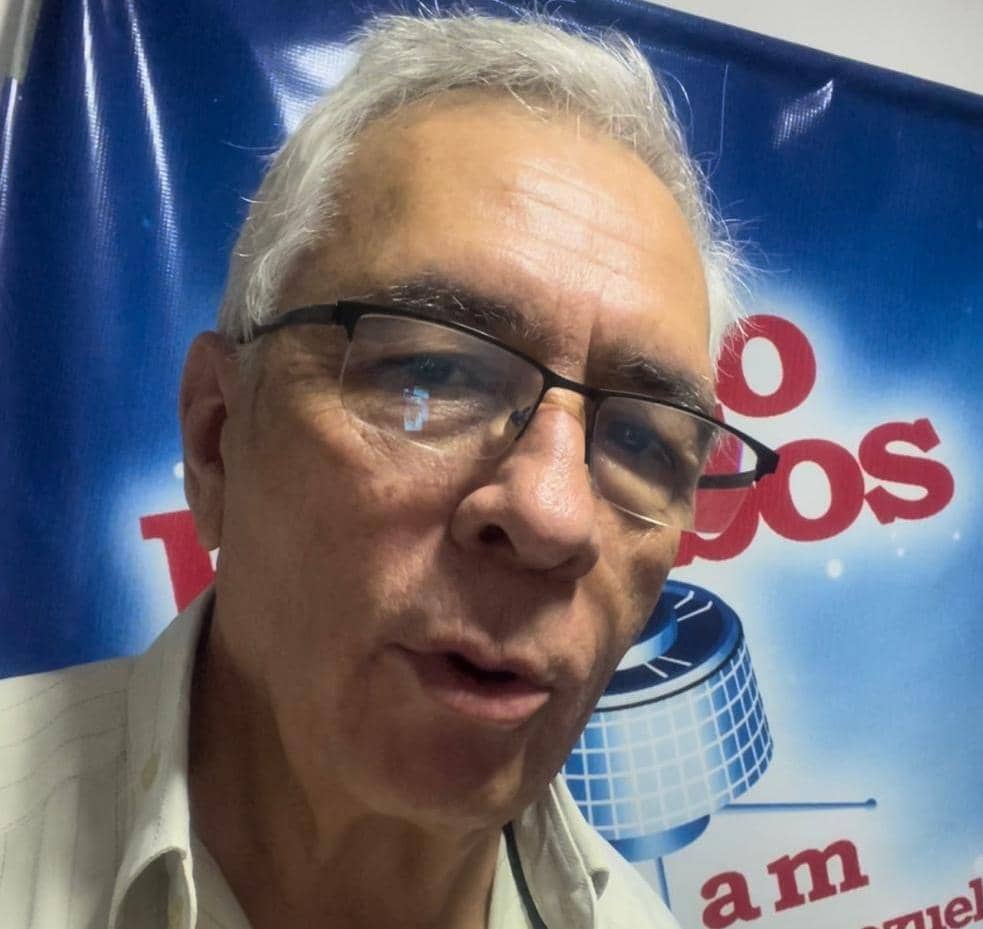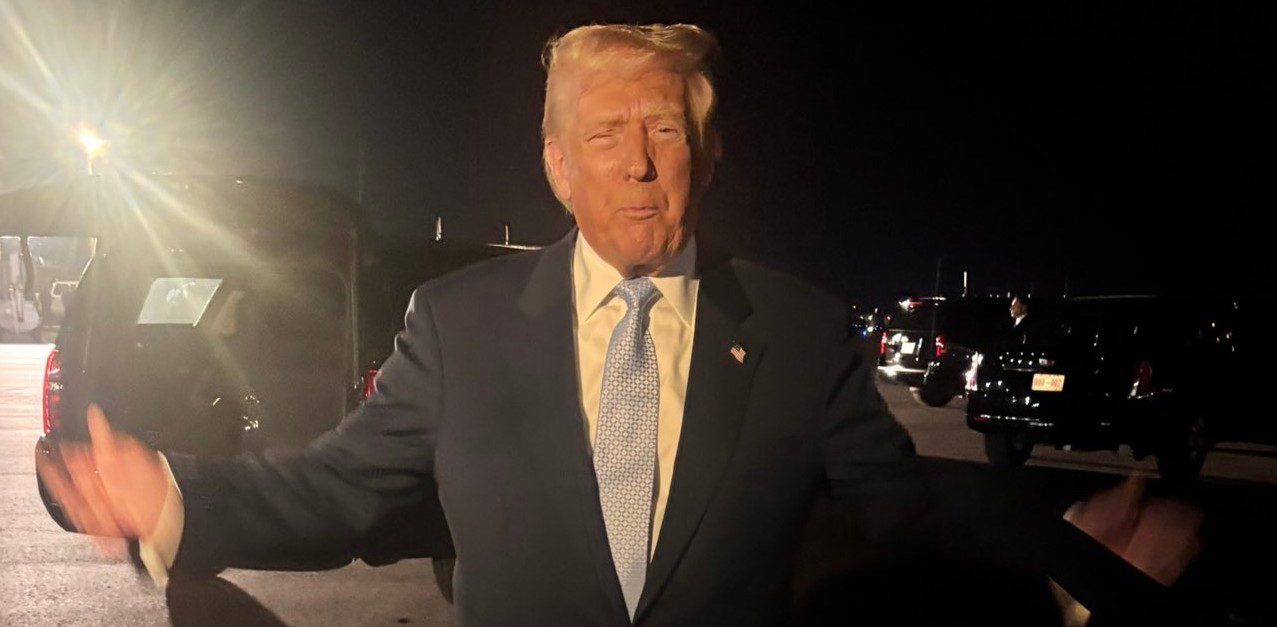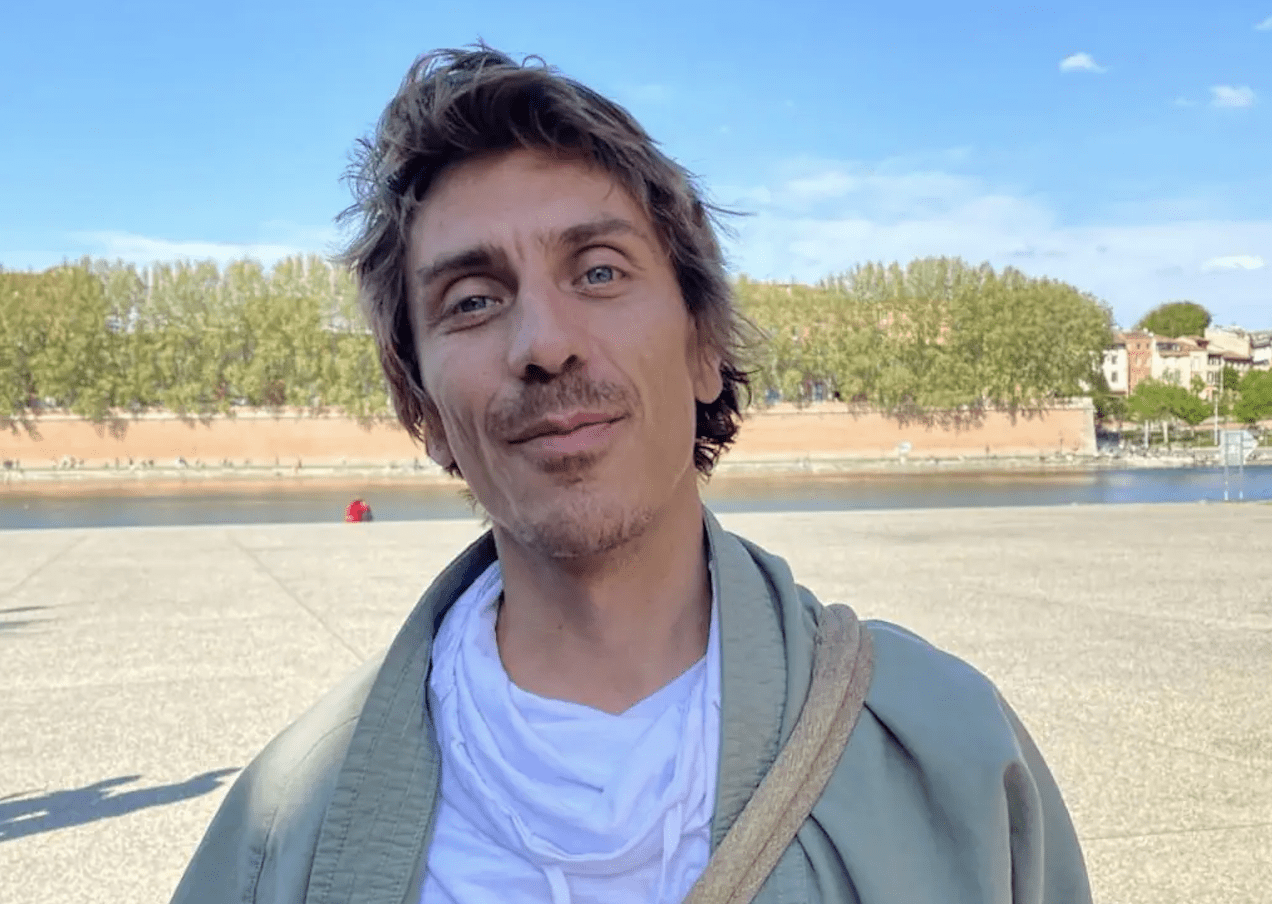The organization’s first event was attended by Pakistan’s Deputy Prime Minister and Minister of Foreign Affairs, Mohammad Ishaq Dar; Zimbabwe’s Minister of Foreign Affairs and International Trade, Amon Murwira; Nicaragua’s Attorney General, Wendy Carolina Morales Urbina; Serbia’s Minister of Justice, Nenad Vujić; Switzerland’s Minister of Foreign Affairs, Ignazio Cassis; and United Nations Under-Secretary-General, Li Junhua. Photo: IOMed.
Guacayama, June 4, 2025. With the support of 33 nations and the leadership of China, the International Organization for Mediation (IOMed), an intergovernmental body created to resolve conflicts peacefully, is launched in Hong Kong. Venezuela plays an important role as a founding country, contributing to global peace.
This organization could emerge as an alternative to the International Court of Justice (ICJ) or the Permanent Court of Arbitration (PCA), especially for countries not aligned with the West.
The creation of the International Organization for Mediation (IOMed) is a pivotal moment for diplomacy in the modern world. IOMed was officially established on May 30 in Hong Kong, where its founding convention was signed, with the participation of representatives from 85 countries and nearly 20 international organizations. A total of 33 countries became founding members, making it a new hope for the resolution of international conflicts.
Backed by the People’s Republic of China and supported by several nations in Asia, Africa, Eastern Europe, and Latin America, IOMed seeks to offer an alternative to traditional methods of arbitration and international justice. Rather than focusing on tribunals like the International Court of Justice, this new organization emphasizes voluntary mediation, mutual respect, and a win-win approach. What makes the IOMed special is its commitment to dialogue and conciliation, seeking to resolve disputes between countries, companies, or investors in a more peaceful manner, according to Chinese diplomacy.
The choice of Hong Kong as the host city was no coincidence. The city has a history of acting as a bridge between East and West. Its legal system, based on British common law, along with its “one country, two systems” approach, makes it an ideal location for connecting different legal traditions. Furthermore, it already has prominent arbitration centers such as the HKIAC and the AALCO-HKRAC, which reinforces its role as a center for conflict resolution in the region.
The then Chinese Foreign Minister Qin Gang highlighted four important principles that will guide the IOMed: respect among nations, inclusive cooperation, openness to different cultures and traditions, and ensuring that developing countries have a voice in the process. With the support of these principles, Venezuela has taken a leading role in this new diplomatic adventure. President Nicolás Maduro announced Venezuela’s inclusion in the IOMed, which the National Assembly has endorsed, considering this participation a strategic advance for the country’s diplomacy.
Maduro commented that “Venezuela’s inclusion is a firm step toward a diplomacy of peace and dialogue.” He also emphasized that this decision aligns with a vision of a world where all countries collaborate with each other, especially from the perspective of the Global South. Representative Ilenia Medina, who was one of the sponsors of the project, describes this agreement as “a key moment in the history of humanity.”
Geopolitical and Diplomatic Implications
Venezuela’s entry into the IOMed has many implications. First, it allows the Maduro government to present itself as an active and positive participant in global mediation diplomacy. This can help counter accusations of isolation. Second, by aligning itself with China, Venezuela seeks to create stronger ties with new powers in the world that challenge the traditional international system. This establishes a new approach based on “the sovereignty of nations.”
Finally, the government could use the platform offered by the IOMed to communicate its views and criticisms of international sanctions, as well as to promote coordinated diplomacy in other multilateral forums and counter the influence of Western countries hostile to Maduro through cooperation with other nations in similar situations.
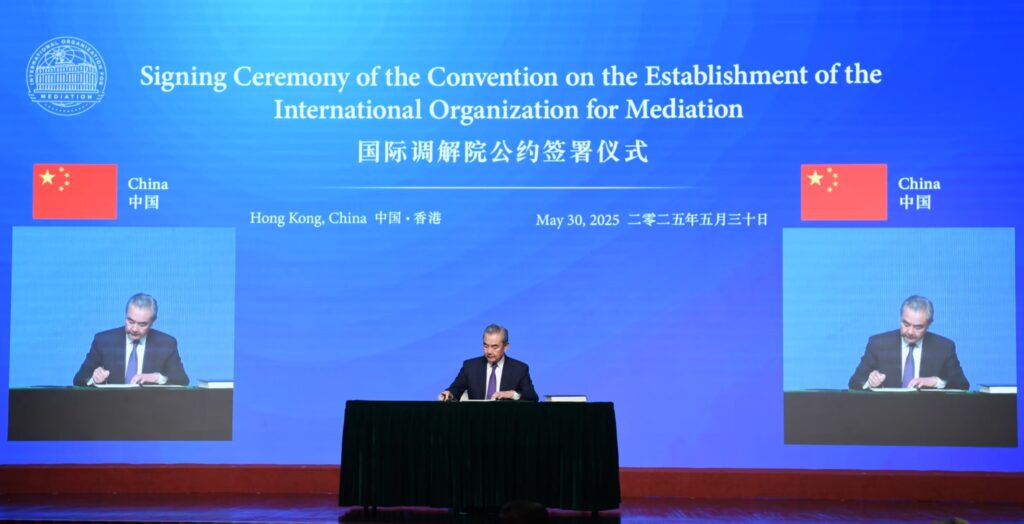
What implications could this have for the Venezuelan conflict?
The IOMed can also help change international perceptions of the conflict in Venezuela. By presenting itself within this new framework, given that it is not dominated by US or European interests, it can pave a new path for conflict management. The inclusion of non-state actors, such as members of civil society and academia, could lead to a more democratic and collaborative approach to problem-solving.
Furthermore, Venezuela could use the IOMed to request support in internal negotiations, especially if they face a stalemate with other, more traditional mediators. It could also become a favorable space for both the government and the opposition to approach each other and explore new ideas without fear of public judgment, thus fostering an environment of trust that facilitates the search for creative solutions. However, it is important to note that the organization could be used to politically support governments that have formalized their membership, in a global context marked by significant geopolitical interests.
Despite these opportunities, there are risks that cannot be ignored. There is a possibility that the government will use the IOMed solely as a propaganda tool, without taking any real steps toward a solution. Furthermore, if the opposition and Western allies distrust the organization’s legitimacy, its usefulness could diminish. Furthermore, the IOMed’s independence and effectiveness still need to be verified to gain the trust of the various actors involved.
However, it is important to keep in mind that, as this is an organization primarily driven by the People’s Republic of China—a key player in the Venezuelan case—other internal actors must carefully observe and analyze to explore opportunities that facilitate a resolution of the conflict in the country at its various levels. Involving the IOMed could facilitate the support of countries such as China or even Russia for potential agreements for the protection of Venezuelan assets or even humanitarian agreements signed between the parties to the Venezuelan conflict, especially those that require the involvement of the United Nations, specifically the Security Council, of which both countries are permanent members. Its support could be crucial in granting greater strength and legitimacy to these agreements, especially those related to Venezuelan assets abroad.
Furthermore, the IOMed could serve as a trusted partner for Chavismo in future negotiation processes. It also represents an opportunity to more actively involve China in the resolution of the Venezuelan conflict, since, unlike Russia, Beijing has not directly participated in the negotiating tables in Mexico or Barbados, despite the significant debt Caracas owes to Xi Jinping’s government.
Along these lines, in recent years, Venezuela has been the subject of a series of international lawsuits brought by foreign companies alleging expropriations and contractual violations, especially in strategic sectors such as oil, electricity, and food. These lawsuits, initiated mainly during the governments of Hugo Chávez and Nicolás Maduro, have resulted in arbitration awards adverse to the Venezuelan state.
Companies such as ConocoPhillips, Crystallex, Tenaris, and Gold Reserve have obtained favorable rulings before the International Centre for Settlement of Investment Disputes (ICSID) and other international tribunals. Following these decisions, several companies have initiated legal proceedings to seize Venezuelan assets abroad to ensure payment of the ordered compensation.
One of the most emblematic cases is Crystallex vs. Venezuela, in which the Canadian mining company obtained authorization to freeze shares of CITGO, PDVSA’s subsidiary in the United States, as compensation for the expropriation of a gold project in the south of the country. The potential loss of CITGO has generated alarm among both government and opposition sectors, as well as international creditors, as it is one of Venezuela’s most valuable assets outside its territory.
Additionally, the United States has frozen reserves of the Central Bank of Venezuela (BCV), gold deposited at the Bank of England, and various accounts in European banks. Although these actions are officially framed as sanctions and political pressure measures, they also respond—in part—to the need to preserve these funds against potential claims from affected investors.
Given this situation, there have been proposals to bring the protection of Venezuelan assets before the United Nations, a strategy that could offer new legal tools for the country. The UN has historically maintained a more favorable stance toward debtor countries, which would open a window to prevent assets from being unilaterally handed over to Western companies.
A possible formal request for protection could receive the support of the technical bodies of the United Nations system, thus strengthening its consideration in bodies such as the General Assembly or even the Security Council. While some fear that Russia or China could veto such a measure, the opposite is possible: as key creditors of the Venezuelan state, Moscow and Beijing would have an interest in ensuring that the country’s external assets are not pledged to US or European investors, since Venezuela’s future ability to honor its bilateral commitments will depend on these resources. Therefore, involving Venezuela in this organization could be a way to steer the situation to a more favorable position, where possible, or to gain trusted support that could be accepted in specific cases if the organization grows with the potential that China estimates.
In the midst of a legal and financial war, the fate of Venezuelan assets abroad has become a geopolitical battleground that transcends the commercial sphere and places Caracas at a crossroads between its obligations, its strategic allies, and international courts.
In this sense, the organization could provide support and complement other Western bodies in a potential negotiation process supported by the international community. It is worth noting that it could also be a tool to be used in the case of the dispute over the Essequibo, as China also has significant investments in Guyana.
Venezuela’s entry into the International Organization for Mediation is an important step in the context of the new multilateral institutions that are emerging thanks to emerging powers. It represents both an opportunity to reposition the country on the international stage and to seek peaceful solutions to the internal conflict. The success of this initiative will depend on political willingness, the inclusion of different groups, and the credibility that the organization manages to establish worldwide.

